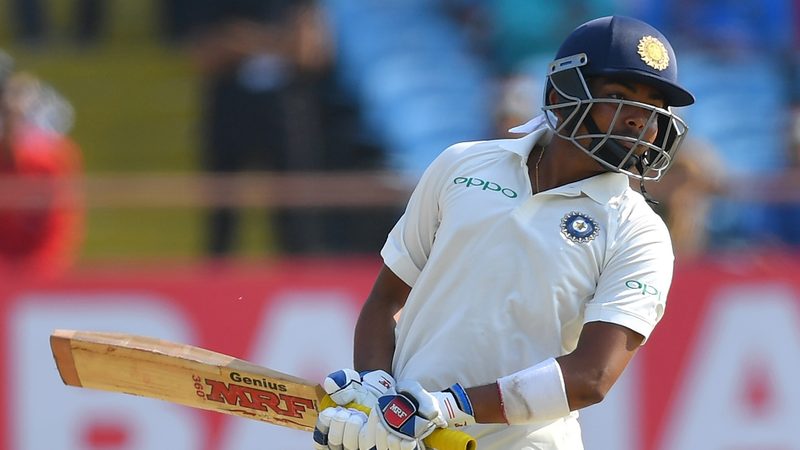
Doping cases aren't frequent in cricket but neither are they completely absent. From Ian Botham to Shane Warne and Shoaib Akhtar, there are instances of players ‘inadvertently’ consuming drugs that result in violating several clauses that are in place to avoid them from resorting to performance-enhancing methods.
The latest ban to young Test sensation Prithvi Shaw, though, stands out as a touch for the simple fact that he played in two major leagues during the period in which he was supposed to be under a ban.
Shaw will serve just four months of his eight-month ban after BCCI kept the whole thing under covers which allowed Shaw, who had consumed the drug, albeit accidentally (or maybe not), in February, to continue playing.
According to the BCCI statement released, Shaw "inadvertently ingested a prohibited substance, which can be commonly found in cough syrups". He had provided his sample during the Syed Mushtaq Ali tournament on February 22. But he was subsequently charged only on July 16 under BCCI's Anti-Doping Rules and issued an eight-month ban, dated back to 16 March 2019.
Why then was there such a long delay in the charges being filed? It must be remembered that Shaw took part in the Indian T20 League and the Mumbai T20 League during this time frame.
The test results came from the National Dope Testing Laboratory (NDTL) which is WADA (World Anti Doping Agency) accredited. But when did they come? Going by previous such instances in Indian cricket, NDTL is unlikely to have taken over a month.
Yusuf Pathan's positive results in 2017 came within a month as did Pradeep Sangwan's in 2013. There is also the case of Abhishek Gupta last year which again took less time. In all these cases, the review board also acted fast and took less than two months to issue a charge.
Why then was Shaw's delayed by two months?
Read: India’s Prithvi Shaw suspended from cricket for eight months
BCCI also were quick to push Shaw's act as negligence, citing he had ingested cough syrups which contained the prohibited substance, Terbutaline. But this was after Shaw couldn't remember the name of the cough syrup and was unable to produce a copy of the prescription or bill. He stated that he took the syrup on the advice of the chemist which is questionable with players given adequate training on avoiding over-the-counter medicines.
BCCI's anti-doping manager says Prithvi Shaw attended at least 3 awareness programmes. If he was attentive even for 5 seconds, he would have known that we specifically tell players not to buy over-the-counter medicines even for a fever or headache. @BCCI
— Navneet Mundhra (@navneet_mundhra) August 2, 2019
By taking Shaw's words, with no evidence aiding it into account and lending him a soft corner, BCCI have put it's Anti Doping Rules under the scanner. Is it time for the National Anti Doping Agency to be given control over such issues to stop BCCI from mishandling serious issues like doping that needs to dealt with unquestionably.
Feature image courtesy: AFP / Indranil Mukherjee







